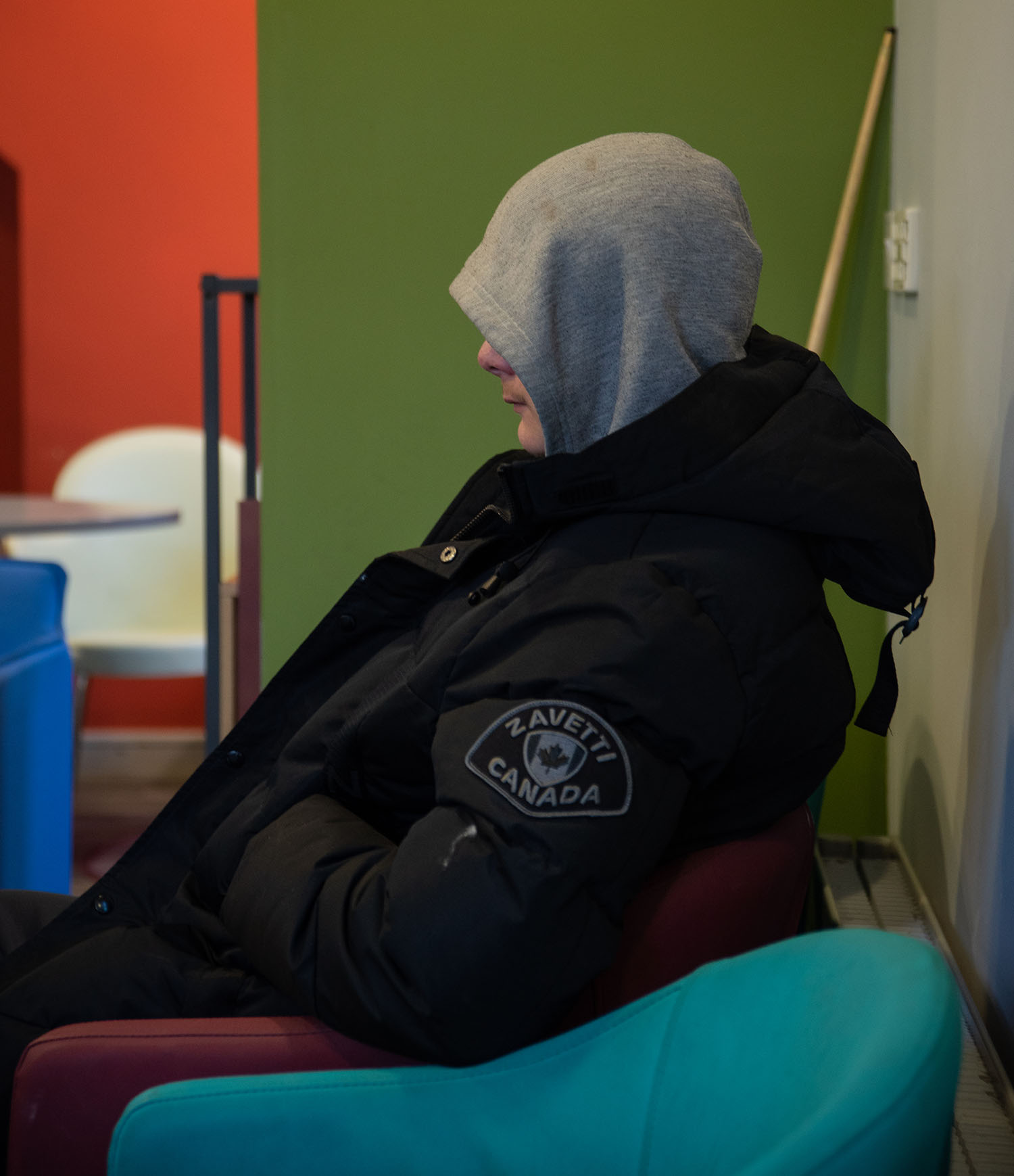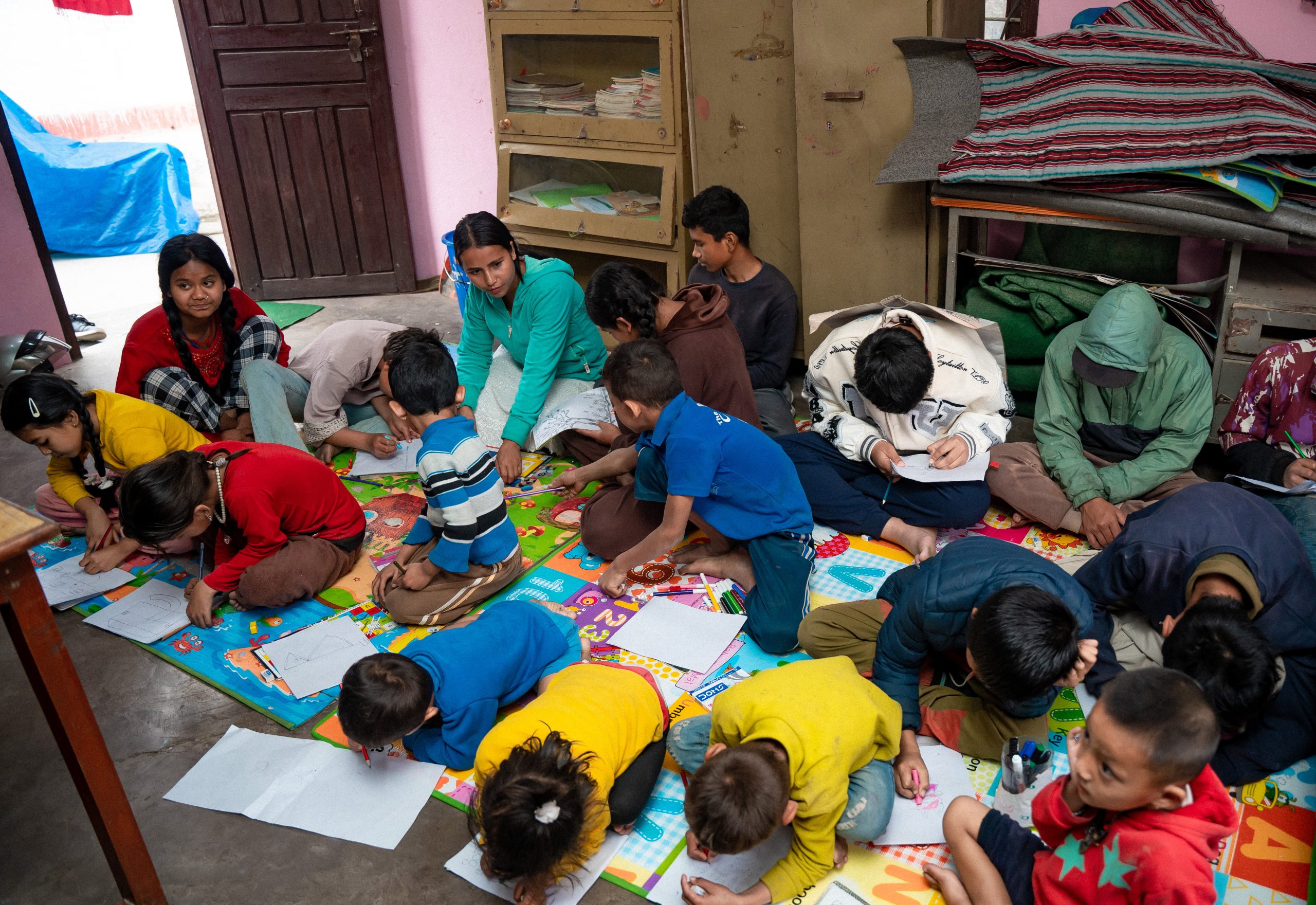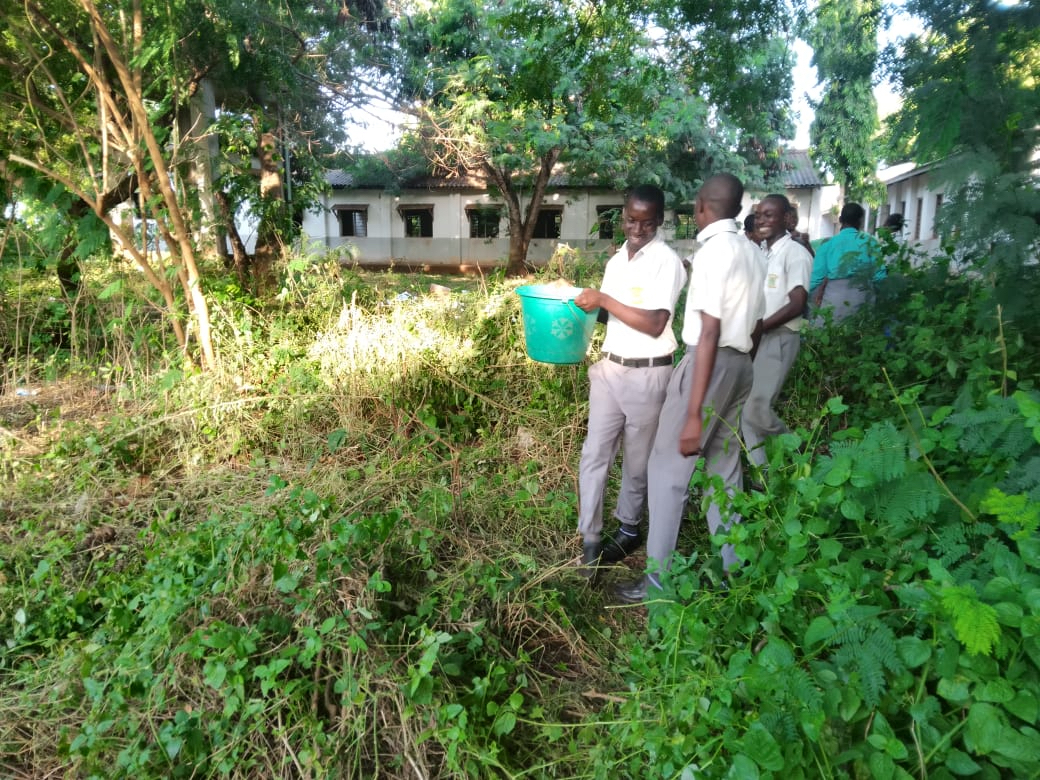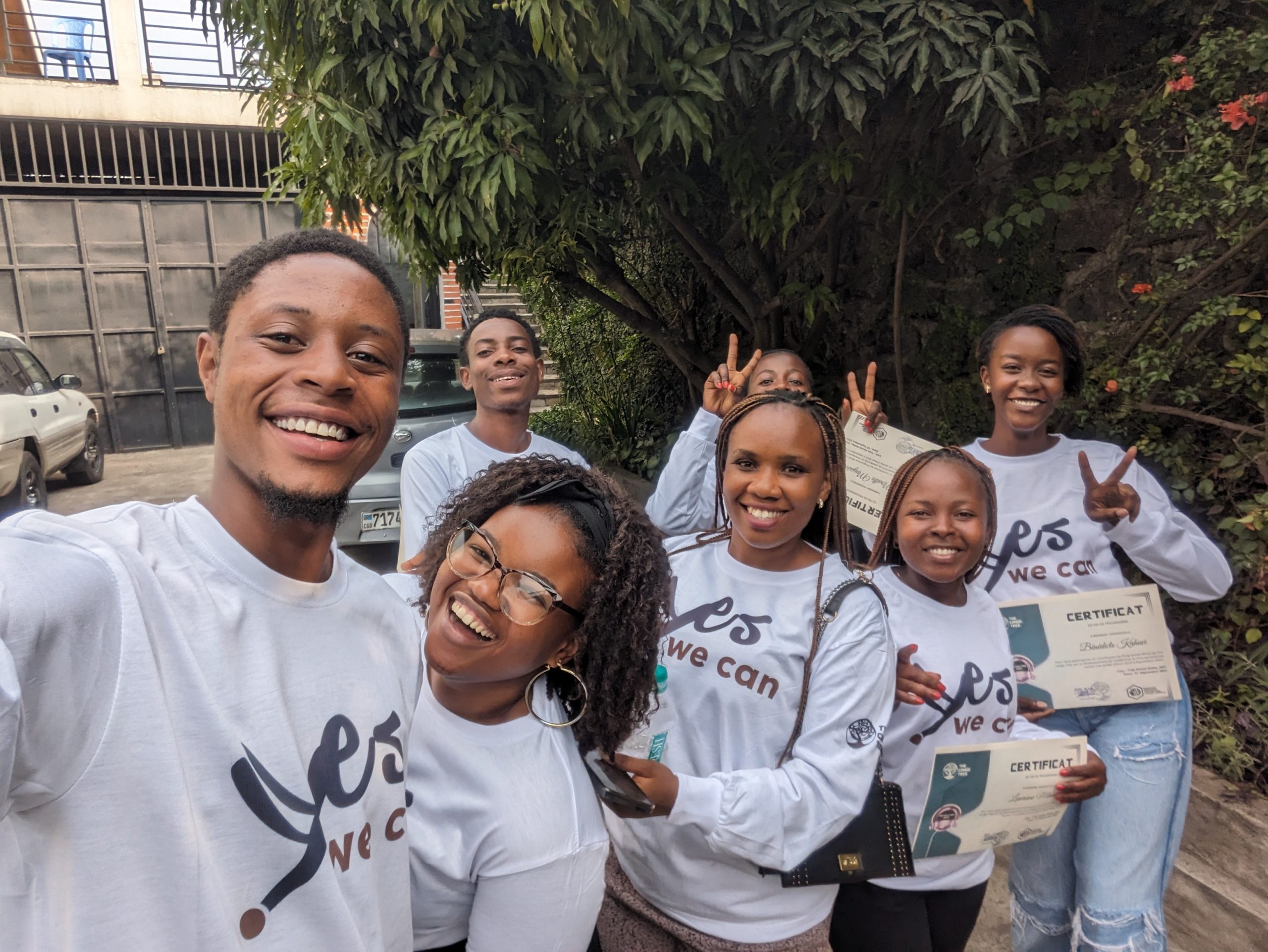Educational mentoring hub in Birmingham – UK

Charity:
Refugee Education UK
For all refugee children and young people to be able to access the level of education that’s right for them
Country
UK
Start Year:
2020
Run Time:
1
Participant Age:
11-16 years
Which UN SDGs?
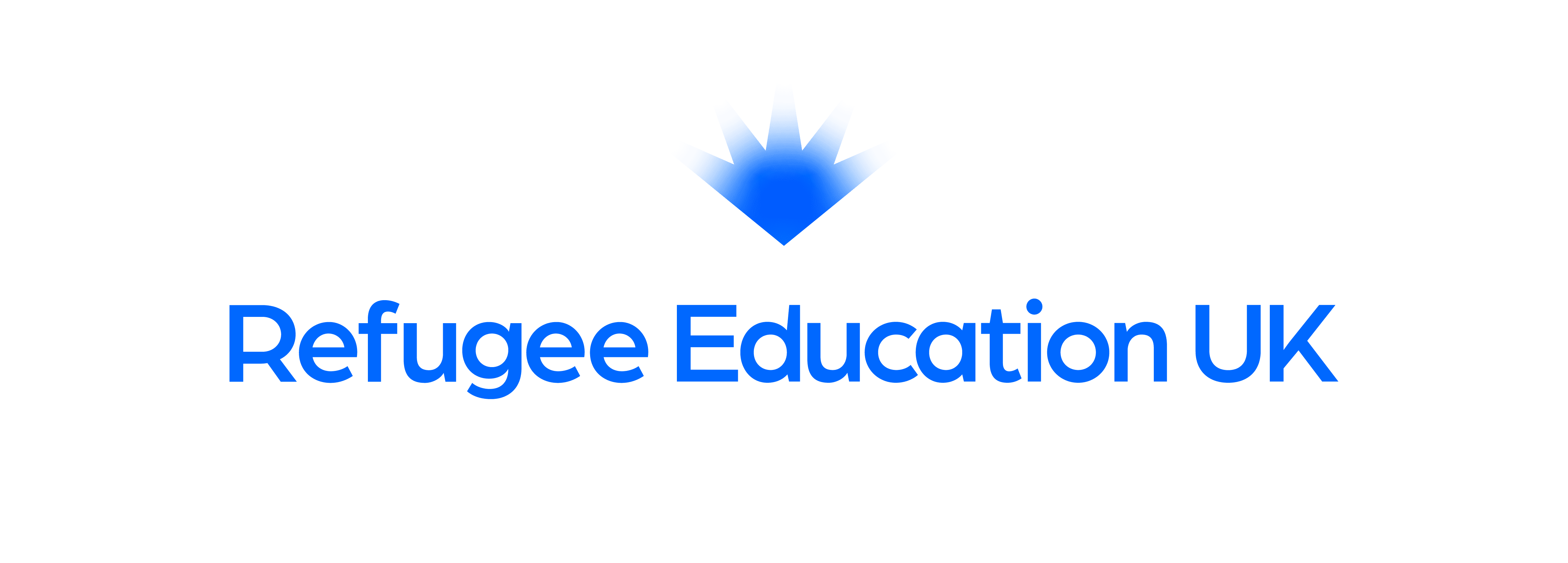
What is Co-Funding?
Co-funding with the ALMT allows individuals, other Trusts and Foundations, and Companies to contribute funds directly to individual, vetted and approved, project partnerships. With fifteen years of experience awarding grants and working in partnership with children’s organisations around the world, the ALMT is best placed to support you in your philanthropy.
Young refugees have complex lives; many have fled trauma and are completely alone in a foreign country where they don’t speak the language and have to navigate a complicated immigration system. Refugee Education UK exists to enable 14-25 year old refugees in the UK, most of whom arrived as unaccompanied asylum-seeking children, to build more hopeful futures. It does this by supporting young people to access, remain and progress in education with over 500 young people each year benefitting from the core programmes: educational mentoring, access to higher education, and specialist education and wellbeing support.
The project in Birmingham is a local hub, a community, in which young refugees can find support and a sense of belonging. The young people’s dedication to learning is inspirational and the work of the mentors provides vital support both with school subjects and pastorally; enabling these young people to move forward and envision a better future. This project is enabling REUK to further embed the hub in this way and use the learning to inform their work in other cities. REUK wants to enable young people in Birmingham to progress to university and facilitate progression routes into the Youth Advisory Board feeding into the company’s overall direction.
Related Projects
- UK
- 2026
- - 2028
The Streetlife Trust is a youth work charity providing emergency shelter and support to vulnerable young people experiencing homelessness aged 16-25 in Blackpool and surrounding areas
- Nepal
- 2026
- - 2028
Kidasha works with local partners to ensure that every child in Nepal has a safe and bright future.
- Kenya
- 2025
- - 2026
Asilomar Foundation and Link International Innovation run organised programmes equipping people with skills to improve their quality of life.
- Democratic Republic of Congo
- 2026
- - 2028
The Congo Tree develops the skills of young people to form the next generation of leaders in the Democratic Republic of Congo.
